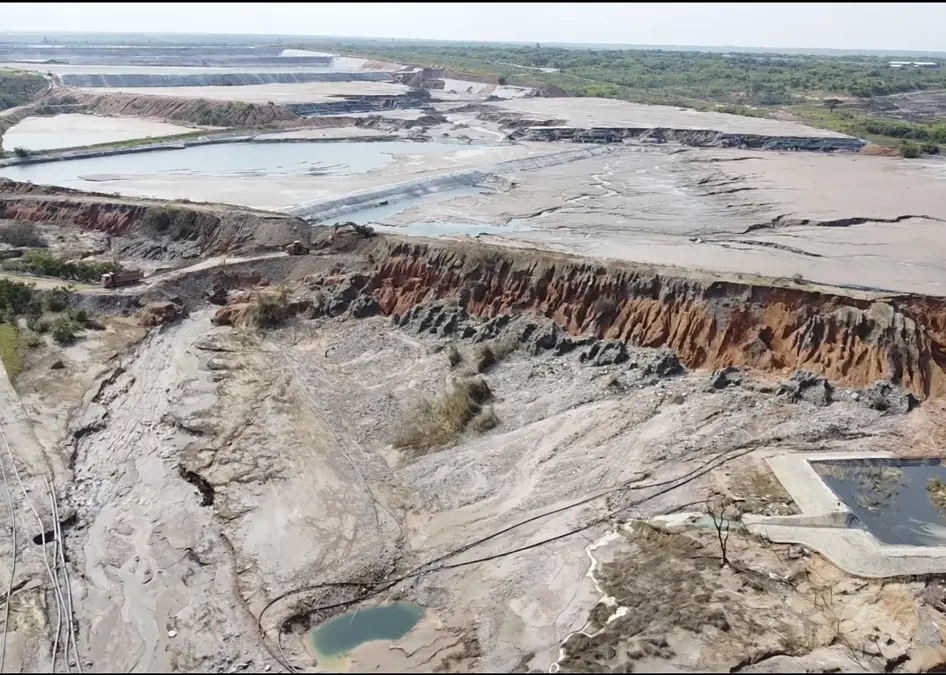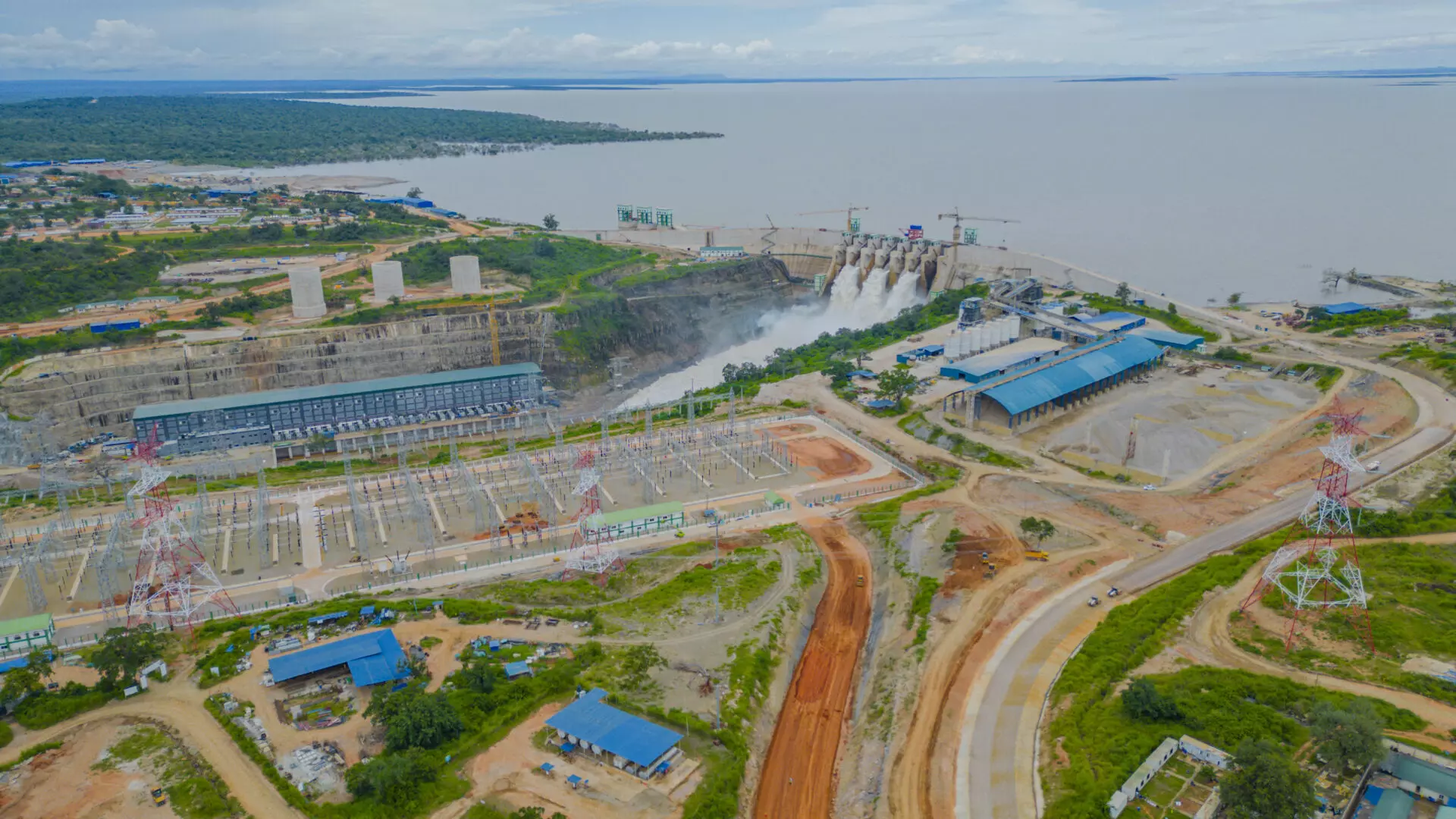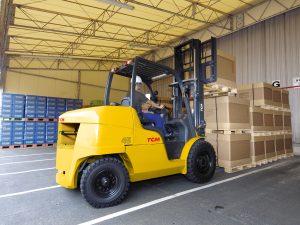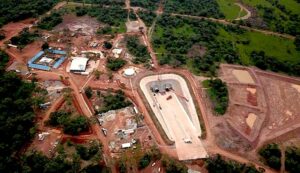Equinox Gold names new COO as Roux retires to South Africa
Covid-19 lockdown restrictions around Southern Africa have put the spotlight on mines’ supply chain security, especially with regard to key inputs like explosives and specialised blasting services.
According to blasting specialist BME GM Albie Visser, mines have relied heavily on the flexibility and ingenuity of service providers to keep the supply chain functioning.
“The first weeks of the lockdown were challenging, especially with regard to the logistics of moving our emulsion product across national borders from South Africa into other Southern African countries.
“Different countries – and even different border posts – applied different rules, making it difficult to know what the exact compliance requirements were.”
He noted that the pandemic had caught most authorities unaware, leading to regulations being hurriedly developed and enforced.
“In some cases, the regulatory requirements were not practical. At one border, for instance, drivers were required to have a Covid-19 test not older than three days – but in South Africa it took nine days to get results from a test through normal channels.”
This meant that innovative thinking was called for, and BME worked closely with its own suppliers and the mines themselves, the company said. While some deliveries were initially delayed by border issues, the company kept up its deliveries to site.
National lockdowns in the region affected the mining sectors differently from country to country.
“South Africa’s lockdown saw demand for emulsion drop sharply at first, but this has almost returned to normal as mines ramped up to full production. While mining in Botswana has slowed, Namibia’s mining industry has been more resilient and our supplies to Zambia are almost unaffected,” Visser said.
In South Africa, BME is working on many mine sites, with an average of three teams per site.
By conducting risk assessments and adapting its existing safety systems, BME quickly developed its own Covid-19 protocols in line with national safety regulations – even before some of the mines finalised their own systems, the company acclaimed.
Among the measures BME has applied is to divide staff into small groups to keep closer control of movements and restrict infections. For example, each group will stay together for transport purposes and will use only one specified bus.
“Each bus, which has a thermometer for daily testing, will collect staff from their homes. We know exactly who they live with, for the purposes of future contact tracing,” Visser said.
While this does mean more buses arriving at the work site, any infection picked up can be controlled and traced within that group, noted BME.
There is also another screening test at the mine site when staff arrive and the necessary physical distancing is observed.
“To date, our measures have been very effective, with no Covid-19 infections at any of our operations,” Visser said.
From a manufacturing perspective, BME’s facilities are also well positioned to keep feeding the supply chain even under lockdown conditions, said BME technology and marketing GM Ralf Hennecke.
“Most of our production plant processes are highly automated, so we can readily apply the necessary social distancing and minimise staff without affecting production. This applies to our explosives facilities as well as our factories for non-electric and electronic detonators,” said Hennecke.
Even the company’s remote bulk emulsion plants – often located on customer’s mine sites – can be operated with minimal staff. Hennecke highlighted that BME’s technology, including planning and reporting platforms like BLASTMAP and XPLOLOG, also assist mines to reduce opportunities for Covid-19 transmission.
“Our technological innovations allow data to be digitally captured, stored and transferred to the mine’s operational and administrative systems. This can be done safely with only a few human touchpoints, and also in real time for greater efficiency,” he said.
Share this content:















Post Comment